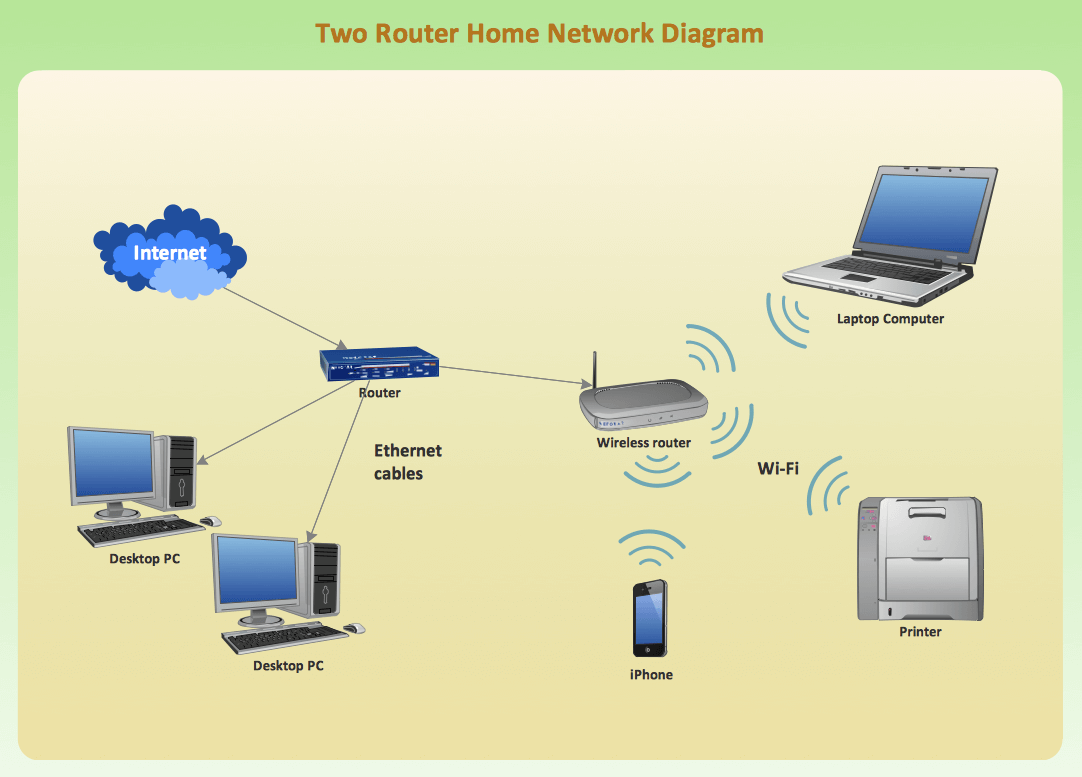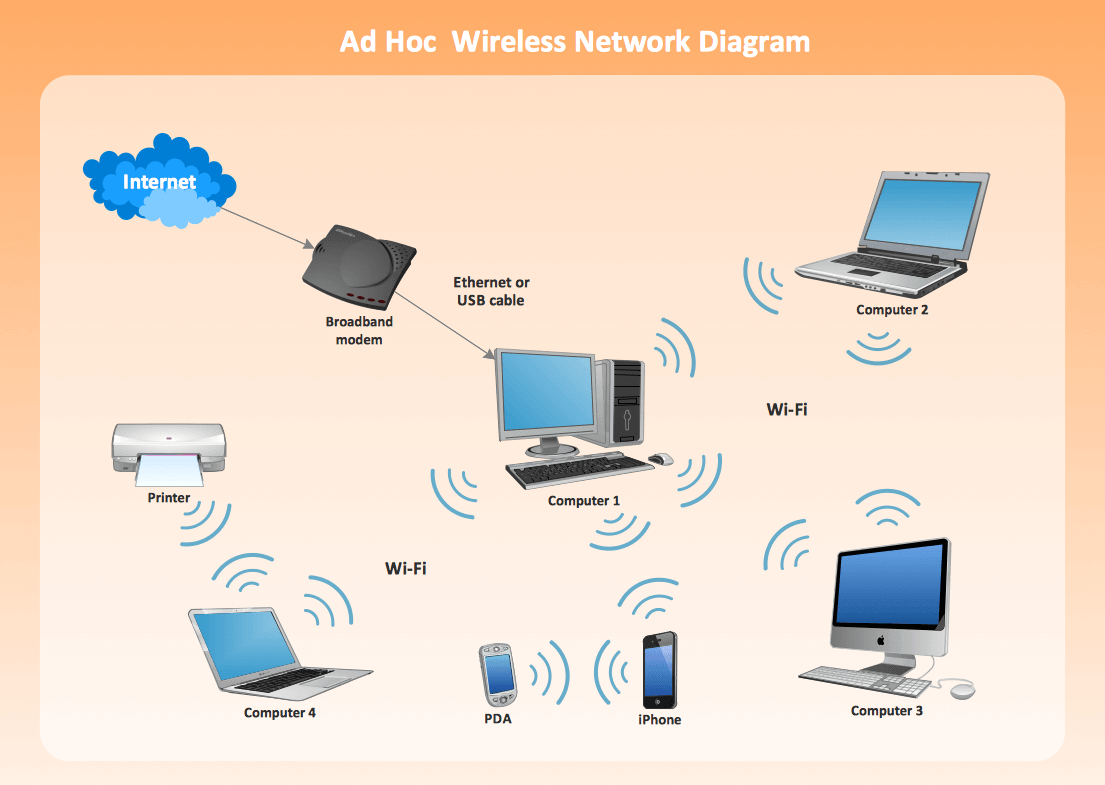LATEST NETWORKING PROJECTS
At TECHNOFIST we provide academic projects based on Networking with latest IEEE papers implementation. Below mentioned are the list and abstracts on Networking domain. For synopsis and IEEE papers please visit our head office and get registered.
OUR COMPANY VALUES : Instead of Quality, commitment and success.
OUR CUSTOMERS are delighted with the business benefits of the Technofist software solutions.
IEEE NETWORKING BASED PROJECTS
TECHNOFIST provides Networking based projects with latest IEEE concepts and training in Bangalore. We have 12 years experience in delivering Networking based projects with machine learning and artificial intelligence based applications with Python and java coding. Below mentioned are few latest IEEE transactions on Artificial Intelligence.
Technofist is the best institute in Bangalore to carry out Networking based projects with machine learning and Artificial intelligence for final year academic project purpose. Latest Networking concepts for what is essential for final year engineering and Diploma students which includes Synopsis, Final report and PPT Presentations for each phase according to college format. Feel free to contact us for project ideas and abstracts.
Students of ECE, CSE , ISE , EEE and Telecommunication Engineering departments, willing to pursue final year project in stream of software projects using Python coding can download the project titles with abstracts below.
| TWNO01 | |
| TWNO02 | |
| TWNO03 | |
| TWNO04 | |
| TWN005 | |
| TWN006 | |
| TWN007 |

CONTACT US
For IEEE paper and full ABSTRACT
+91 9008001602
technofist.projects@gmail.com
Technofist provides latest IEEE Networking Projects for final year engineering students in Bangalore | India, Networking Based Projects with latest concepts are available for final year ece / eee / cse / ise / telecom students , latest titles and abstracts based on Networking Projects for engineering Students, latest ieee based Networking project concepts, new ideas on Networking Projects, Networking Based Projects for CSE/ISE, Networking based Embedded Projects, Networking latest projects, final year IEEE Networking based project for be students, final year Networking projects, Networking training for final year students, real time Networking based projects, embedded IEEE projects on Networking, innovative projects on Networking with classes, lab practice and documentation support.
networking based project institute in chikkamagaluru, networking based IEEE transaction based projects in Bangalore, networking projects in Bangalore near RT nagar, final year networking project centers in Hassan, final year networking project institute in Gadag, final year networking project institute in Uttara Karnataka, final year networking based project center in RT nagar, final year networking projects in Bangalore @ yelahanka, final year networking based projects in Bangalore @ Hebbal, Final year networking based projects in bangalore@ koramangla, final year networking based projects in Bangalore @ rajajinagar. IEEE based networking project institute in Bangalore, IEEE based networking project institute in chikkamangaluru, IEEE project institute in davangere, IEEE project institute in haveri, final year networking based projects in hebbal, final year networking based projects in k.r. puram, final year networking based projects in yelahanka, final year networking based projects in shimoga. Latest projects at Yelahanka, latest projects at hebbal, latest projects at vijayanagar, latest projects on embedded system at rajajinagar, final year networking based projects at RT nagar, final year project institute in belgaum, project institute at kengeri, IEEE based project institute in jaynagar, IEEE based project institute in marathahalli, final year networking based project institute in electronic city. Final year networking based project institute in hesarghatta, final year android based project institute in RR nagar. Final year based project institute in jalahalli, final year networking based project institute in banashankari, final year networking based project institute in mysore road, networking final year based project institute in bommanahalli.
NETWORKING
The term network programming refers to writing programs that execute across multiple devices (computers), in which the devices are all connected to each other using a network.
When looking at networking basics, understanding how a network operates is the first step to understanding routing, switching, and wireless. The network operates by connecting computers and peripherals using switches, routers, and access points. These devices are the essential networking basics that allow the various pieces of equipment connected to your network to communicate with one another, as well as with other networks.
Routers and access points perform very different functions in a network.
routers that include different capabilities. These can include networking basics such as:
- Firewall: Specialized software that examines incoming data and protects your business network against attacks.
- IP phone network: Combines your company's computer and telephone network, using voice and conferencing technology, to simplify and unify your communications. Access Point
- Centralized deployment: The most common type of wireless network, traditionally deployed in campuses where buildings and networks are in close proximity. This deployment consolidates the wireless network, allowing for easier upgrades and enabling advanced wireless functionality. Controllers are based on-premises and are installed in a centralized location. Cloud-based deployment: A system that uses the cloud to manage network devices deployed on-premises at different locations. The solution requires Cisco Meraki cloud-managed devices, which have full visibility of the network through their dashboards.
- Cloud-based deployment: A system that uses the cloud to manage network devices deployed on-premises at different locations. The solution requires Cisco Meraki cloud-managed devices, which have full visibility of the network through their dashboards.
- The synchronization of wireless sensor networks is a crucial task, especially for wide area networks. In case of many applications state-of-the-art techniques such as GPS or network based timing protocols are not suitable. In this paper we present a new concept that allows for the efficient synchronization of sensor networks using the time stamps of so-called Signals of Opportunity. We explain how these time stamps can be examined on the example of Digital Audio Broadcasting and show measurement results on the achievable performance.
- Location-based services are quickly becoming immensely popular. In addition to services based on users' current location, many potential services rely on users' location history, or their spatial-temporal provenance. Malicious users may lie about their spatial-temporal provenance without a carefully designed security system for users to prove their past locations. In this paper, we present the Spatial-Temporal provenance Assurance with Mutual Proofs scheme. Networking is designed for ad-hoc mobile users generating location proofs for each other in a distributed setting. However, it can easily accommodate trusted mobile users and wireless access points. Networking projects ensures the integrity and non-transferability of the location proofs and protects users' privacy. A semi-trusted Certification Authority is used to distribute cryptographic keys as well as guard users against collusion by a light-weight entropy-based trust evaluation approach. Our prototype implementation on the Android platform shows that networking project is low-cost in terms of computational and storage resources.
- Detailed and thoughtful planning provides better analysis and logical thinking.
- Identifies the critical activities and focus them to provide greater managerial atten¬tion.
- Network technique enables to forecast project duration more accurately.
- It is a powerful tool for optimisation of resources by using the concept of slack.
- It provides a scientific basis for monitoring, review and control, to evaluate effect of slippages.
- It helps in getting better co-ordination amongst related fields.
- It is an effective management tool through a common and simple language, providing common understanding.
An access point allows wireless devices to connect to the network. Having a wireless network makes it easy to bring new devices online and provides flexible support to mobile workers. Think of what an access point does for your network as being similar to what an amplifier does for your home stereo. An access point takes the bandwidth coming from a router and stretches it so that many devices can go on the network from farther distances away. But an access point does more than simply extend Wi-Fi. It can also give useful data about the devices on the network, provide proactive security, and serve many other practical purposes.
Deployment Model
deployment has its own attributes that will work better for different solutions. They are:
Technologies used in Networking Projects:
Ad hoc testing
Ad hoc testing is a commonly used term for software testing performed without planning and documentation, but can be applied to early scientific experimental studies.
The tests are intended to be run only once, unless a defect is discovered. Ad hoc testing is the least formal test method. As such, it has been criticized because it is not structured and hence defects found using this method may be harder to reproduce (since there are no written test cases). However, the strength of ad hoc testing is that important defects can be found quickly. It is performed by improvisation: the tester seeks to find bugs by any means that seem appropriate. Ad hoc testing can be seen as a light version of error guessing, which itself is a light version of exploratory testing








